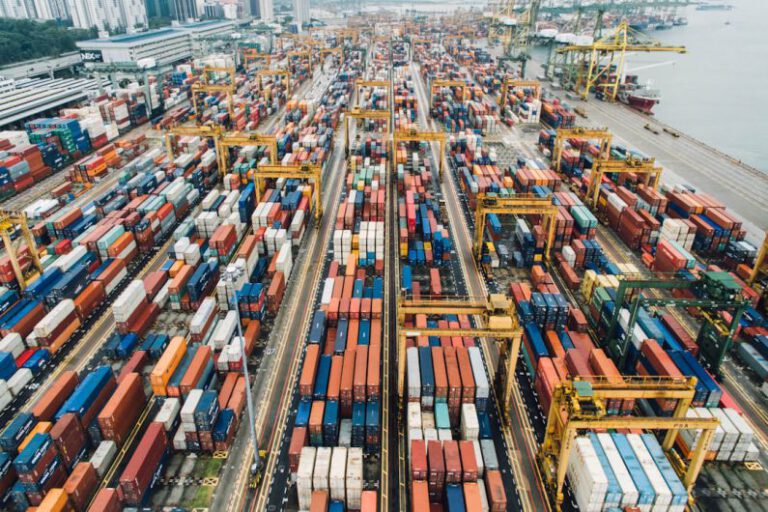What Role Does Data Play in Creating Smart Cities?
In today’s rapidly evolving world, the concept of smart cities has gained significant traction as urban areas seek to harness technology and data to improve the quality of life for their residents. At the heart of this transformation lies the crucial role that data plays in shaping the future of our cities. From optimizing traffic flow to enhancing public safety and sustainability, data has become the cornerstone of building smarter and more efficient urban environments.
**Empowering Decision-Making**
Data serves as the lifeblood of smart cities, providing valuable insights that enable decision-makers to address complex urban challenges. By collecting and analyzing vast amounts of information from various sources, such as sensors, IoT devices, and citizen feedback, city authorities can gain a deep understanding of their urban landscapes. This data-driven approach empowers officials to make informed decisions, allocate resources effectively, and respond swiftly to changing circumstances.
**Improving Urban Mobility**
One of the key areas where data plays a transformative role in smart cities is urban mobility. Through the use of real-time data from transportation systems, traffic sensors, and mobile apps, city planners can monitor traffic patterns, identify congestion hotspots, and optimize public transportation routes. This not only helps reduce traffic congestion and air pollution but also enhances the overall commuting experience for residents.
**Enhancing Public Safety**
Data also plays a crucial role in enhancing public safety within smart cities. By leveraging data from surveillance cameras, crime reports, and social media feeds, law enforcement agencies can proactively identify crime trends, deploy resources more effectively, and improve emergency response times. Furthermore, predictive analytics and machine learning algorithms can help anticipate and prevent potential security threats, making cities safer and more resilient.
**Promoting Sustainability**
Another critical aspect of data in smart cities is its role in promoting sustainability and environmental conservation. By monitoring energy consumption, waste generation, and air quality levels through IoT devices and sensors, cities can track their environmental impact and identify opportunities for improvement. Data-driven initiatives, such as smart grid systems and waste management programs, enable cities to reduce their carbon footprint, conserve resources, and create more eco-friendly urban environments.
**Fostering Citizen Engagement**
In the era of smart cities, data also serves as a powerful tool for fostering citizen engagement and participation. Through open data platforms, mobile apps, and digital communication channels, residents can access real-time information about city services, provide feedback on municipal projects, and actively contribute to urban planning efforts. This two-way exchange of data not only enhances transparency and accountability but also strengthens the bond between citizens and their local government.
**The Road Ahead: Harnessing the Power of Data**
As smart cities continue to evolve, the role of data will only grow in importance as cities strive to become more efficient, sustainable, and responsive to the needs of their residents. By embracing data-driven decision-making, investing in robust infrastructure, and prioritizing data privacy and security, cities can unlock the full potential of technology to create smarter and more livable urban spaces.
**In Summary**
In conclusion, data plays a multifaceted role in the creation of smart cities, shaping everything from urban planning and transportation to public safety and sustainability. By harnessing the power of data, cities can overcome complex challenges, improve quality of life, and pave the way for a more connected and resilient future. As we look ahead, it is clear that data will remain a driving force behind the ongoing transformation of our cities into vibrant, efficient, and inclusive hubs of innovation.






